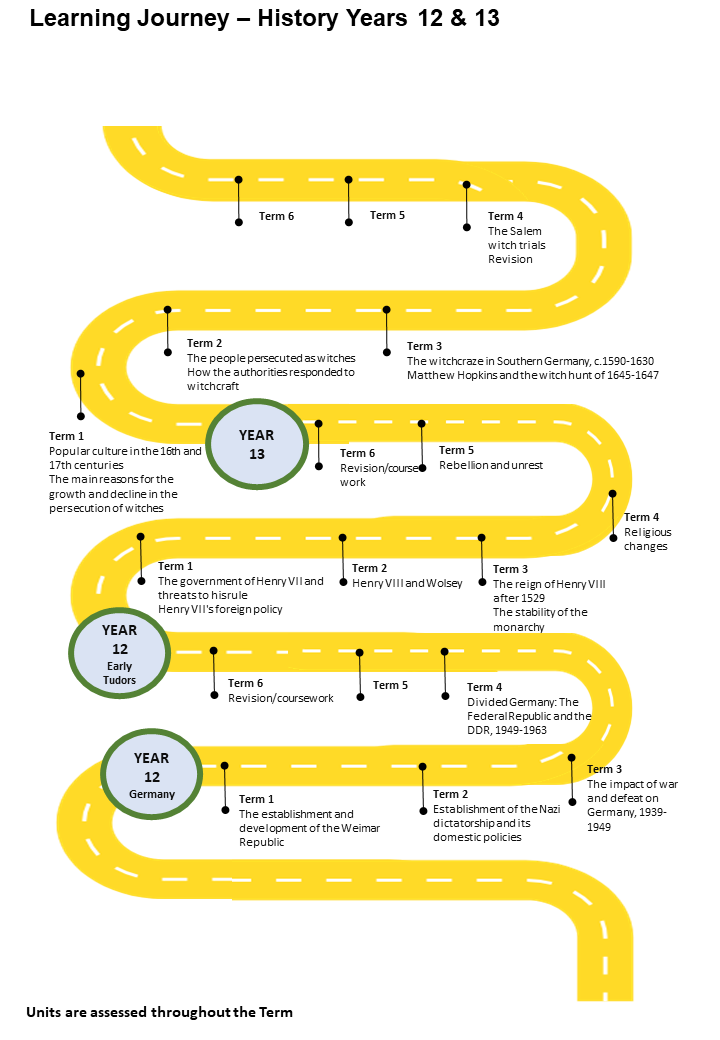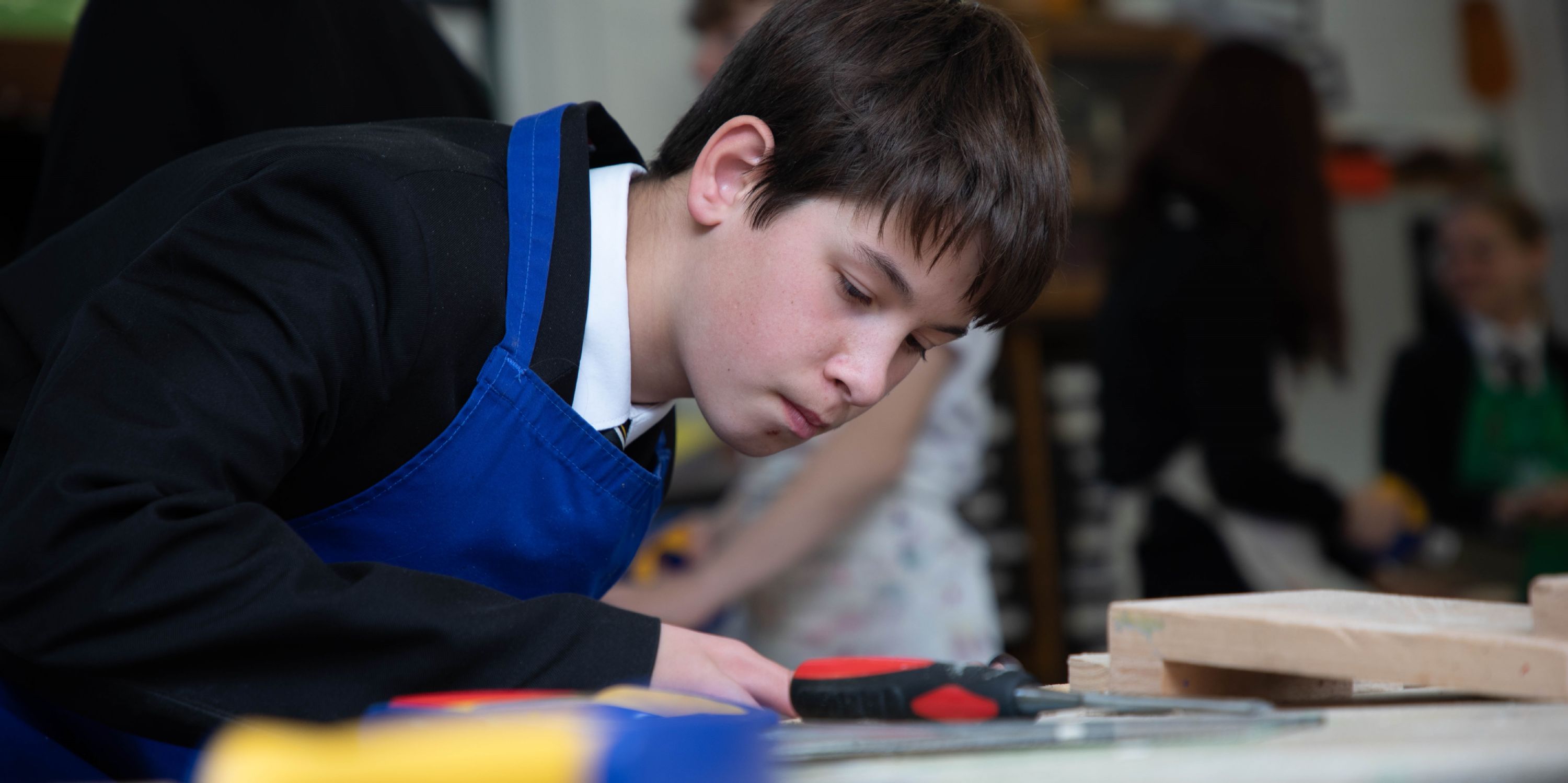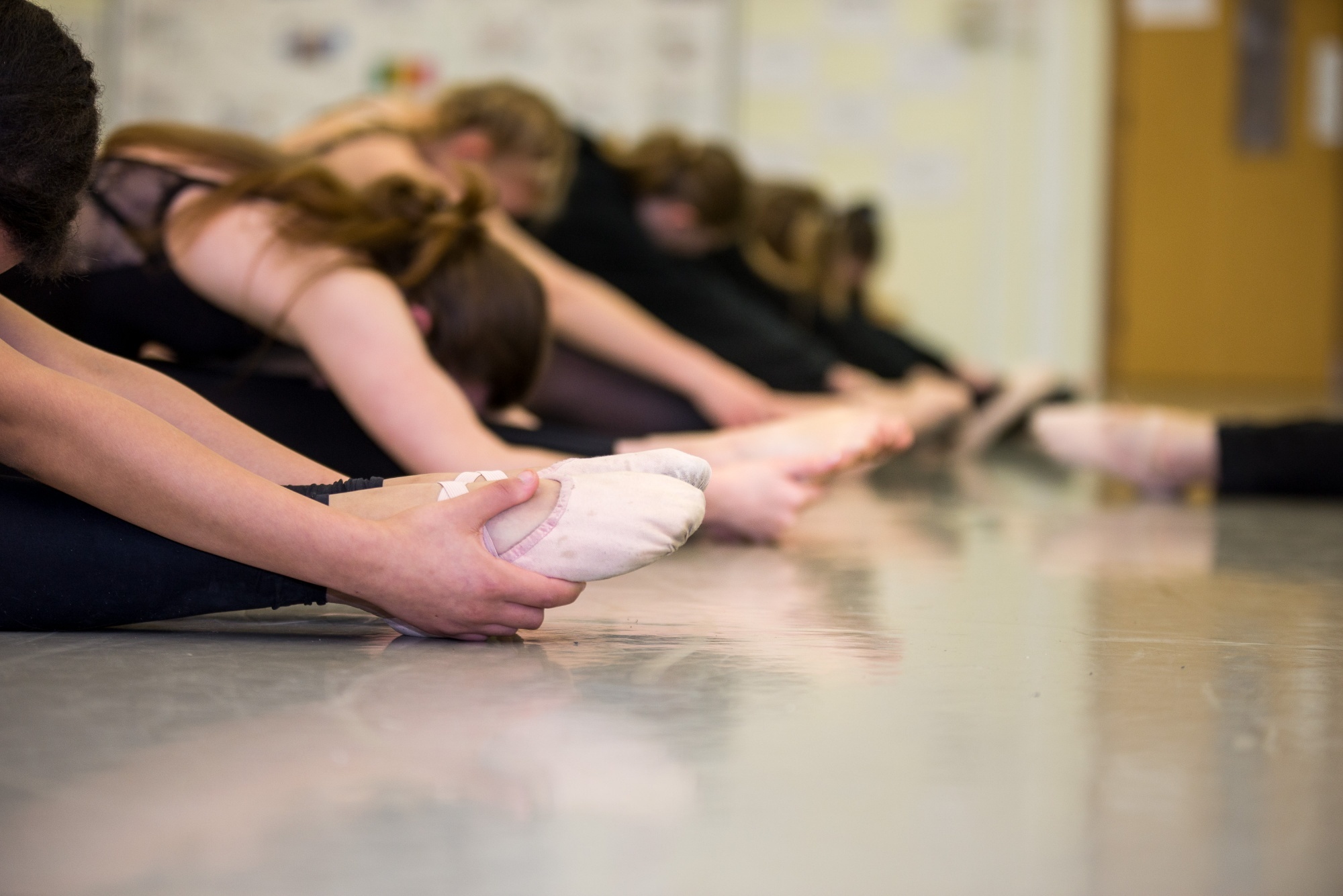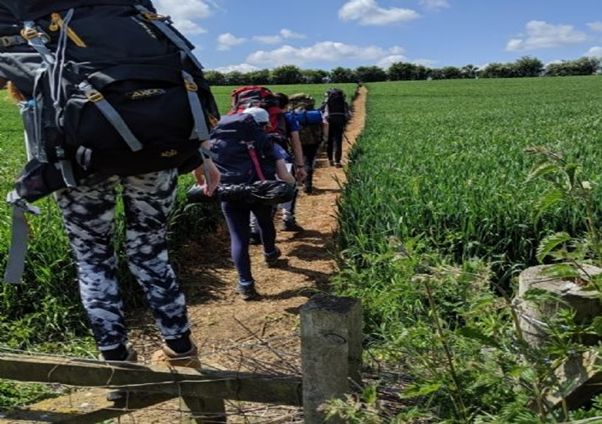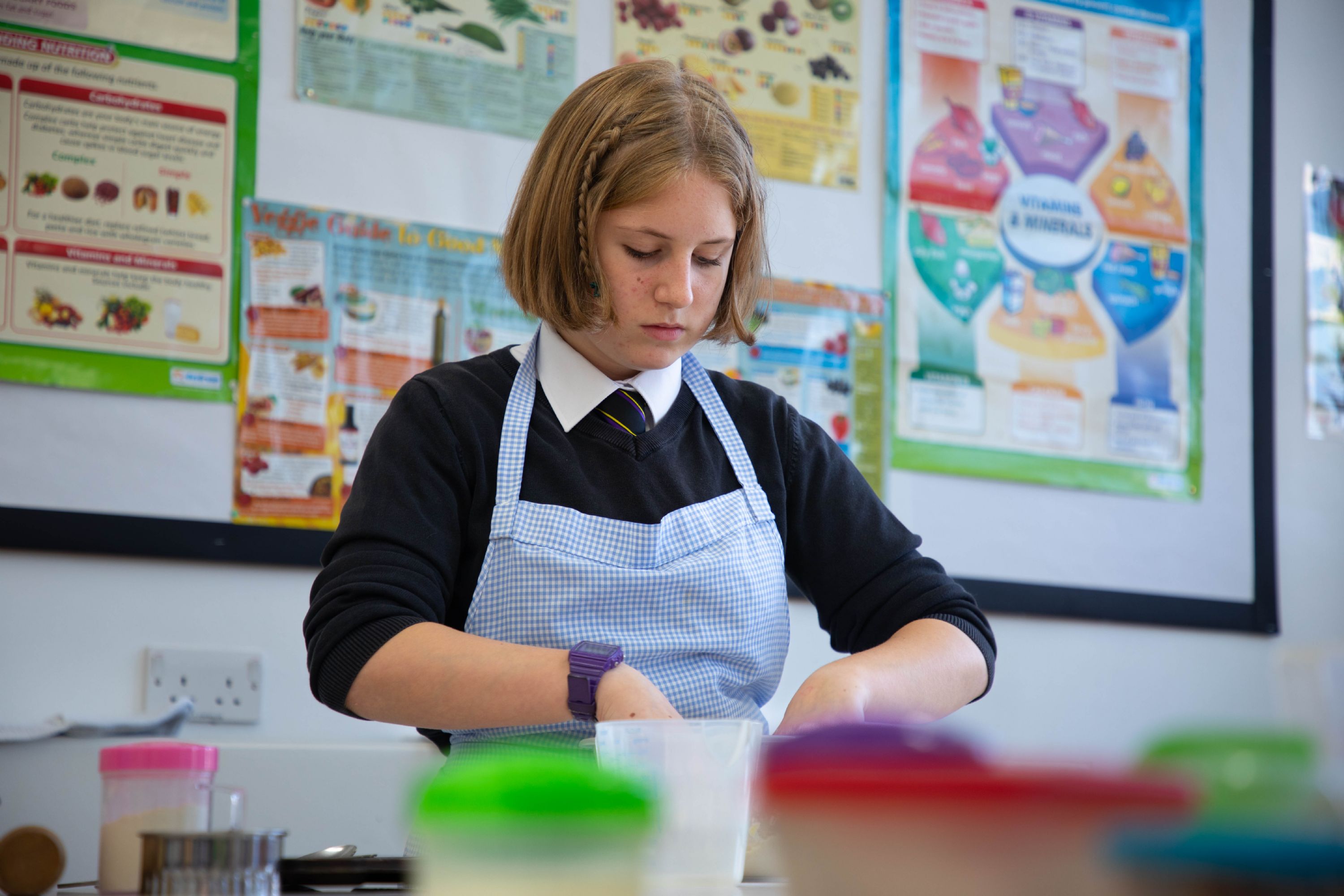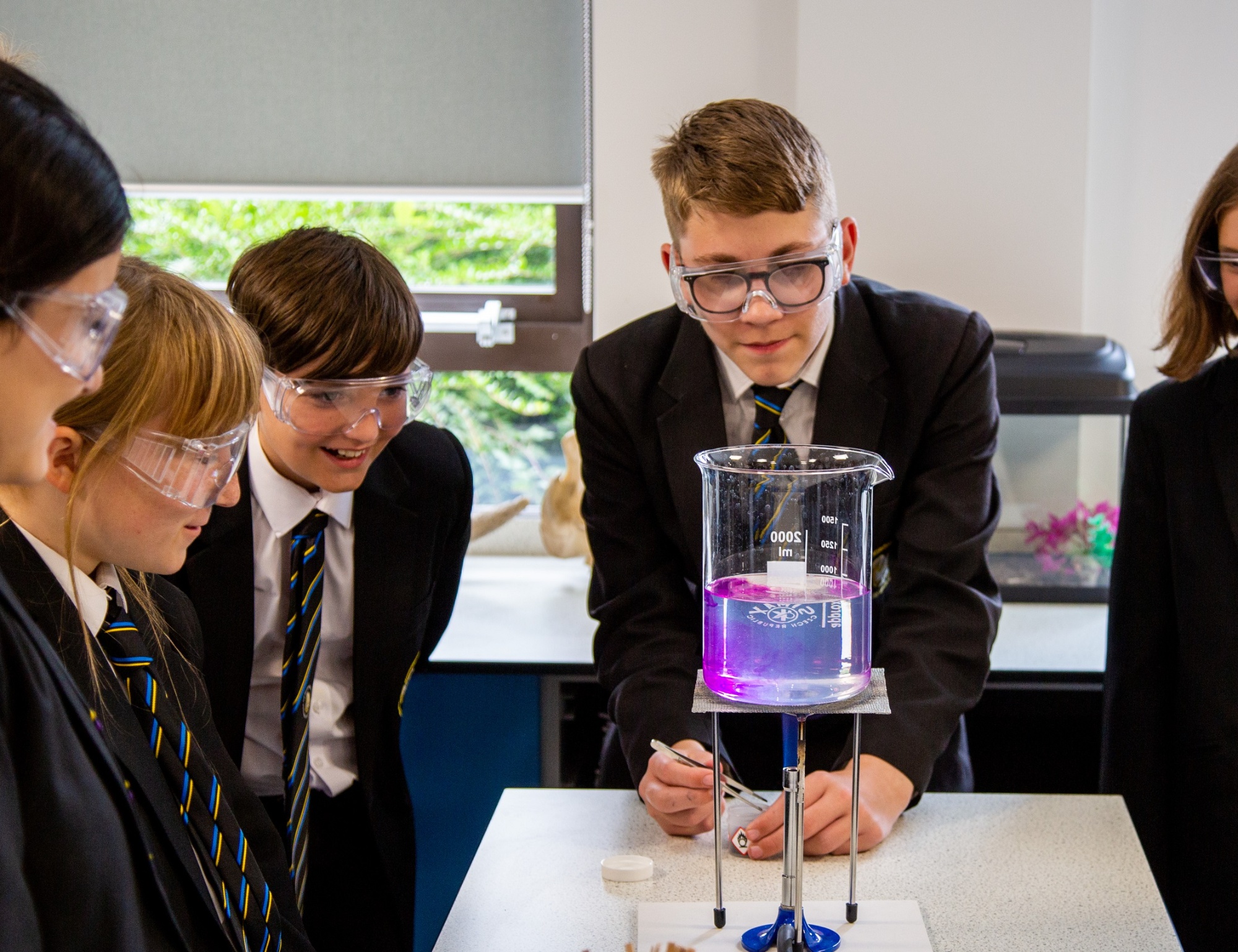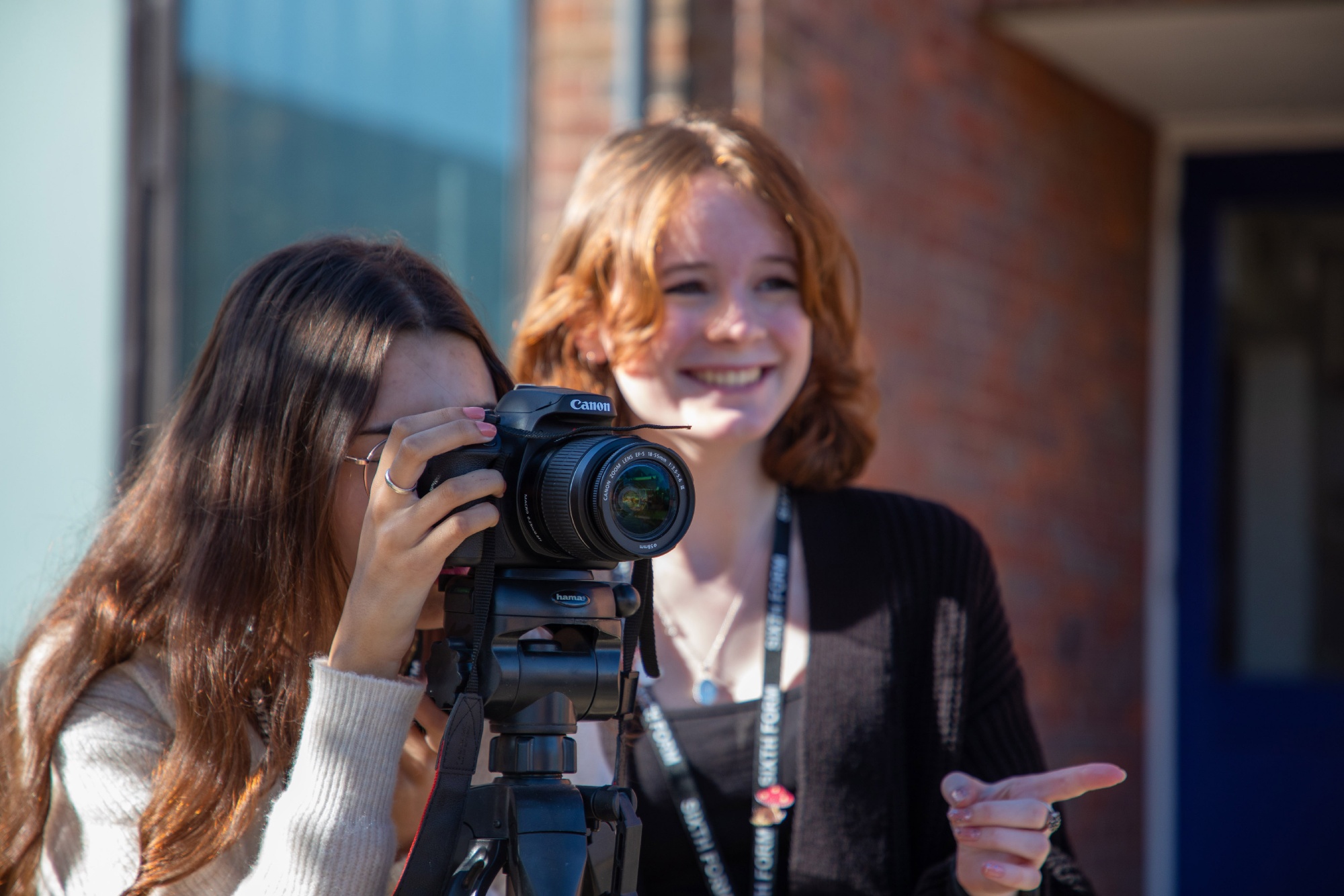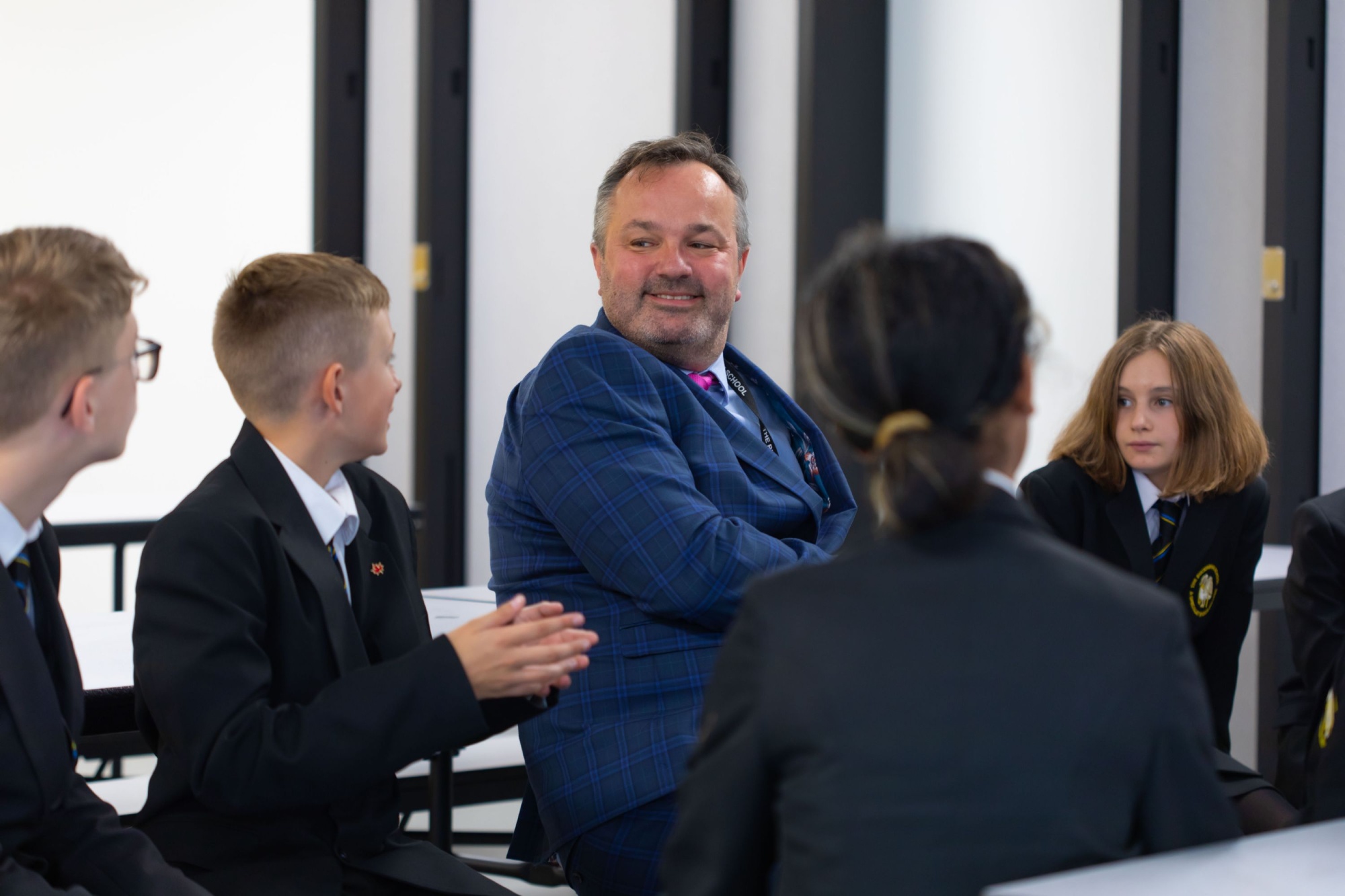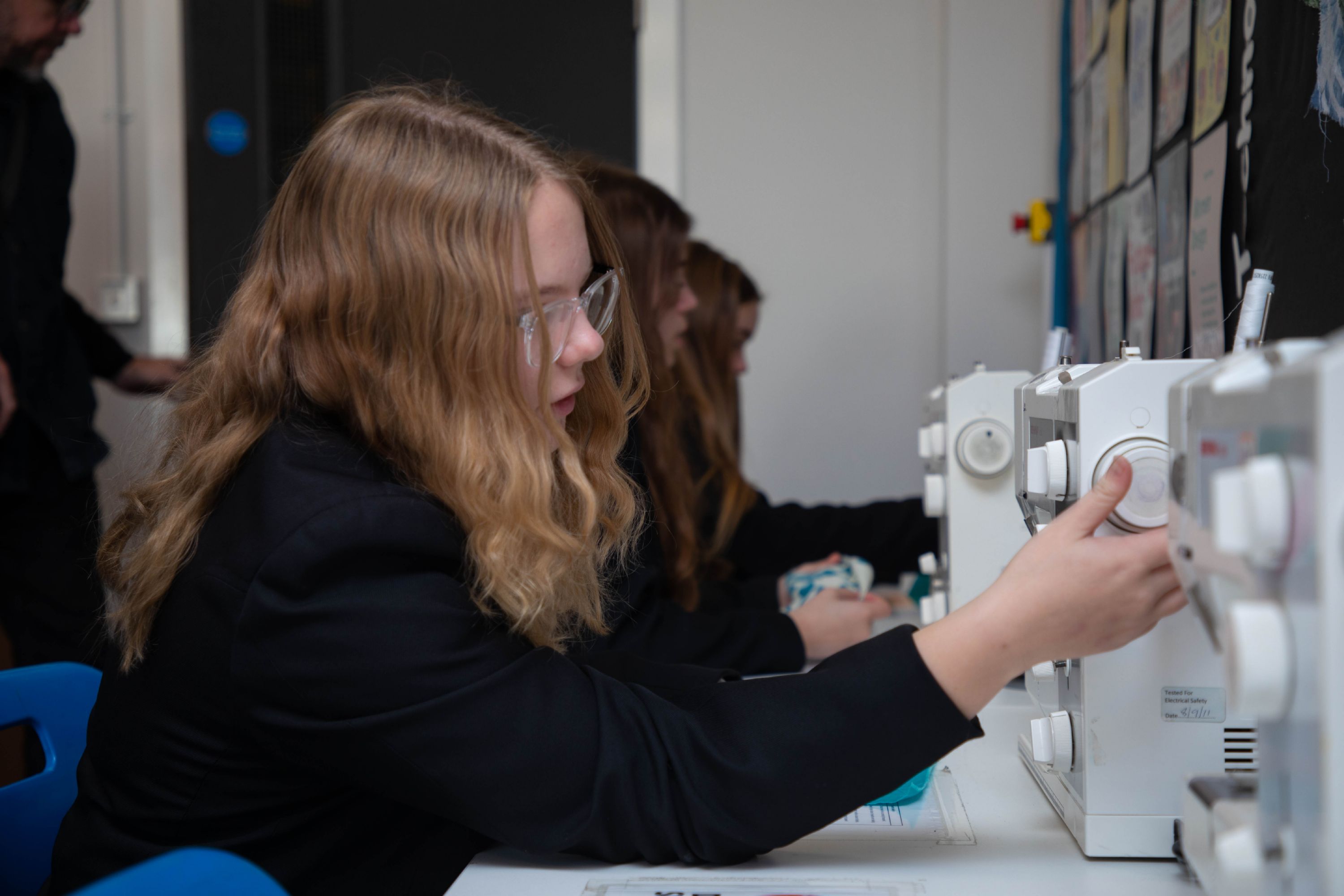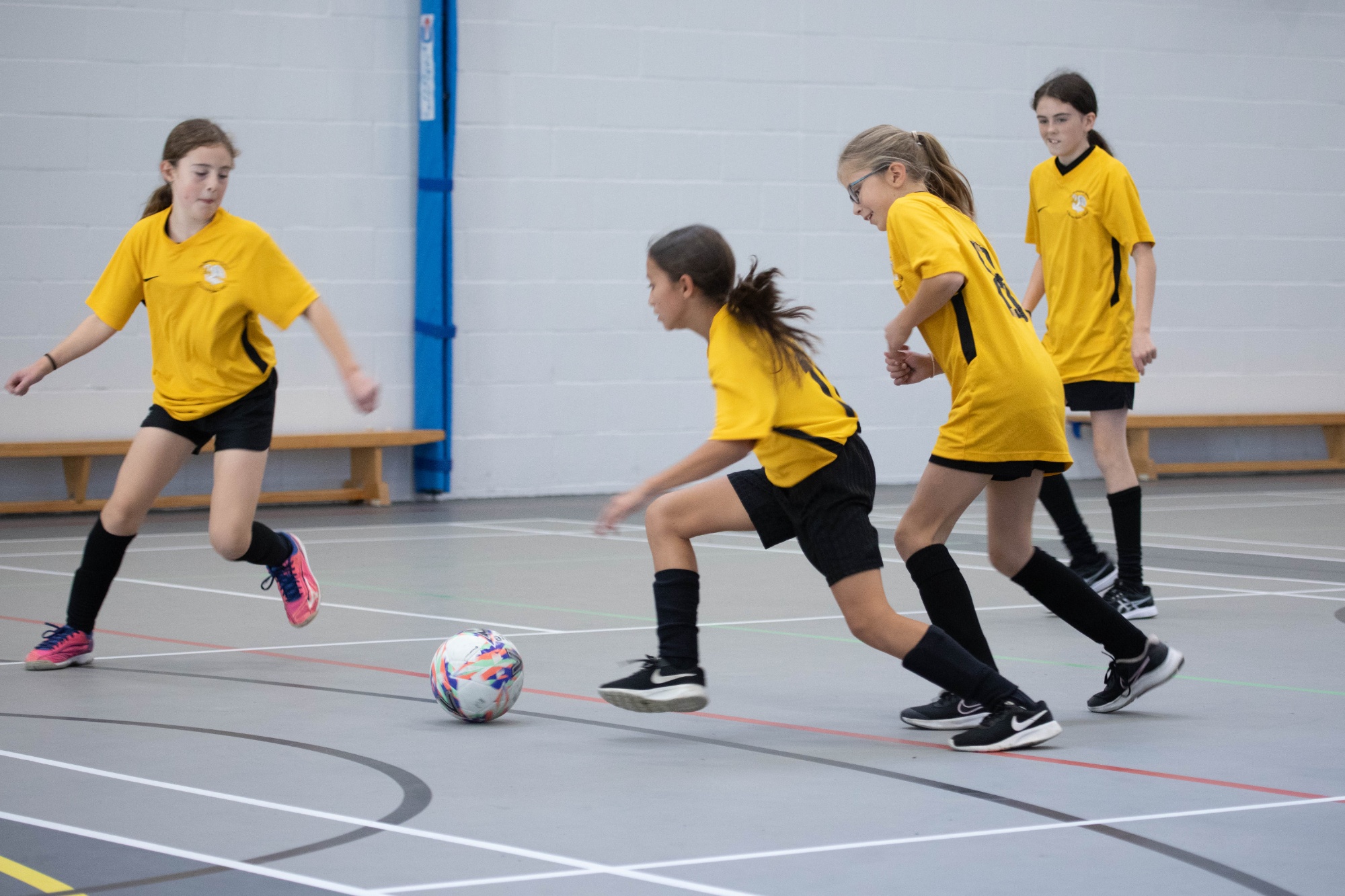History
History Department Curriculum Intent
The History curriculum aims to inspire curiosity and instil students with a fascination for the past. The curriculum is designed to engage students in historical enquiry so that they are able to develop as critical and reflective thinkers. At Key Stage 3, we explore how both the UK and the wider world have been shaped by their pasts, helping students to develop a deeper understanding of the world we live in.
At Key Stage 4, we develop and extend students’ knowledge and understanding of key events, periods and societies in British and wider world history; and of the wide diversity of human experience. At Key Stage 5, we prepare students for higher education and careers by deepening their historical understanding, analytical thinking and independent learning. We aim to nurture intellectual curiosity and to challenge students with complex historical concepts, interpretations and debates that span diverse time periods and geographical regions. Across all stages, we foster respect for, and understanding of, different cultures and beliefs, along with an appreciation for how past events have shaped modern societies.
History Department Ethos
Central to our History Department is a steadfast dedication to creating a culture rooted in kindness and mutual respect. These core values underpin our efforts to build a supportive and inclusive environment where every student feels valued. With this ethos at the heart of our approach, we strive to motivate and equip learners to grow with confidence throughout their academic journey.
- Engaged at Key Stage 3: We believe that genuine engagement is the key to cultivating a lifelong interest in History. At Key Stage 3, our curriculum is carefully designed to spark curiosity, provoke thoughtful questions, and connect students emotionally and intellectually with the past. By exploring a broad and diverse range of historical periods, cultures, and individuals, we ensure that all students can find relevance and meaning in the study of history.
- Independent at Key Stage 4: we are committed to developing independent, critical thinkers who take responsibility for their own learning. The Key Stage 4 History curriculum challenges students to work with increasing autonomy, encouraging them to question sources, form their own interpretations, and construct well-reasoned arguments based on evidence.
- Exemplary at Key Stage 5: our ambition is to develop exemplary History students—independent, analytical, and intellectually curious learners who demonstrate both academic rigour and a genuine passion for the subject. We aim to cultivate learners who are not only well-prepared for the demands of higher education but who also embody the skills and mindset of an historian: open-mindedness, critical thinking, intellectual integrity, and a commitment to evidence-based reasoning.
careers in history
Careers in History
- Historian: Researchers and scholars who study the past, conducting research, writing scholarly articles, and teaching at universities or colleges.
- Historian: Researchers and scholars who study the past, conducting research, writing scholarly articles, and teaching at universities or colleges.
- Archivist: Manage and preserve historical documents, records, and materials, ensuring their accessibility for research and public use.
- Museum Curator: Acquire, care for, develop, display, and interpret collections of historical objects and artefacts.
- Heritage Manager: Protect, manage, and interpret historic buildings, sites, and landscapes.
- Archaeologist: Study past human societies through the excavation and analysis of artefacts and remains.
- Genealogist: Trace family lineages and histories.
- Librarian: Manage and organise information resources, including historical materials, for public and academic libraries.
- Tour Guide: Provide guided tours of historical sites and landmarks, sharing knowledge about local history and culture.
- University Lecturer: Teach and conduct research in higher education.
- Conservator: Preserve and restore historical objects and artefacts.
- Historical Consultant: Provide expertise on historical accuracy for film, television, gaming, or publishing.
Careers using History skills
- Journalist/Reporter: Investigate and report on news stories, using research and analytical skills.
- Lawyer: Analyse legal documents, present arguments, and conduct research.
- Political Analyst: Research and analyse political events, political systems, and policy trends.
- Civil Service: Work in government agencies, developing and implementing policies.
- Researcher: Conduct research for academic institutions, government agencies, or private organisations.
- Writer/Author: Write books, articles, or blogs on historical topics.
- Teacher: Educate students in secondary and higher education.
- Marketing/Communications: Develop and execute marketing strategies, including social media and public relations.
- Public Sector: Work in think tanks, lobbying groups, or for elected officials.
- Business: Apply analytical and communication skills in business management, finance, or consulting.
Learning Journeys
Learning Journey for Years 7-11
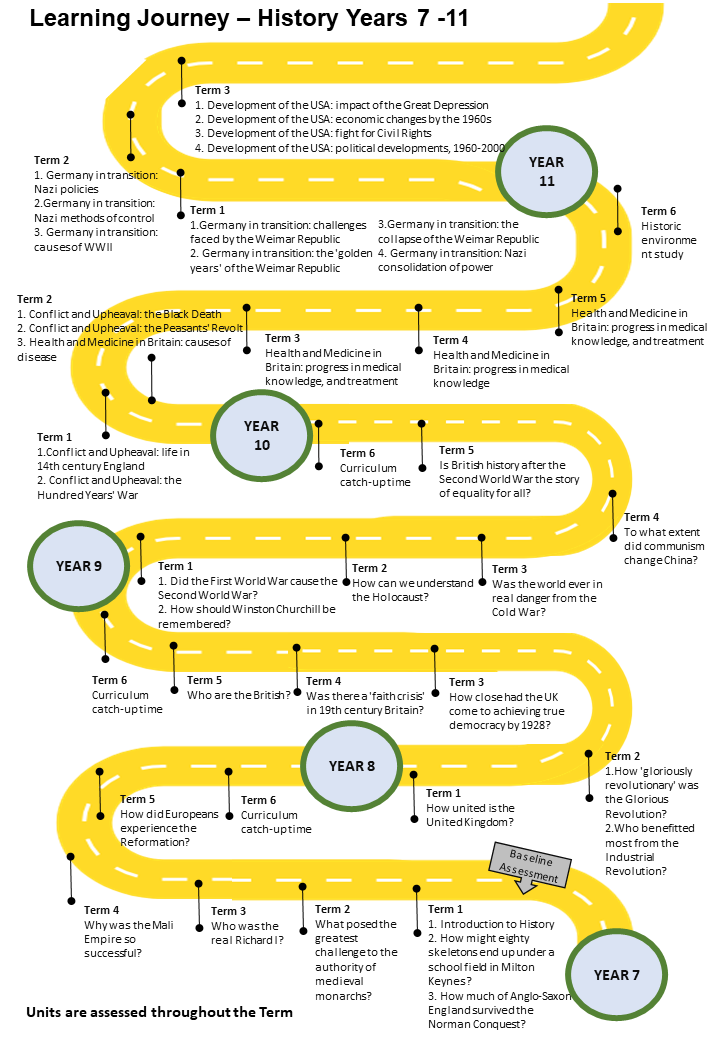
Learning Journey for Years 12 & 13
